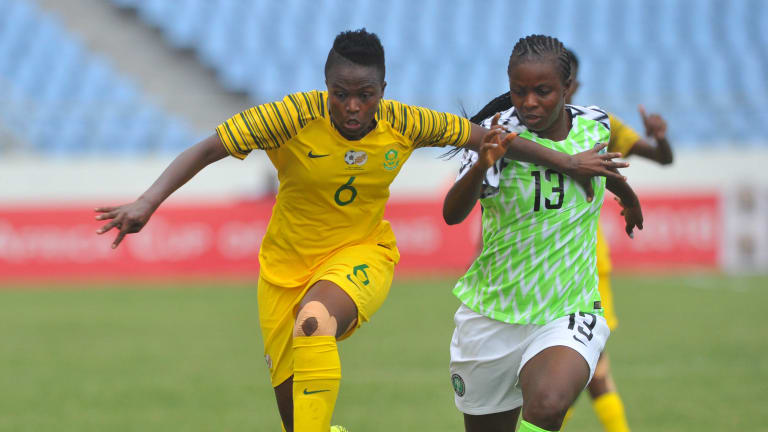by Agnes Amondi
Female footballers will be entitled to a 14 week paid maternity leave as per landmark reforms that FIFA through its Football Stakeholders Committee (FSC) has proposed and backed.
The reforms, developed in close cooperation with stakeholders, will establish new global minimum standards for female players, particularly in relation to maternity.
During the stakeholders meeting held on Wednesday, FIFA president Gianni Infantino explained that the rapid development of women’s football has also to be met with the appropriate working conditions for female players and coaches.
“Following the recent phenomenal growth and the unprecedented success of the FIFA Women’s World Cup in France last year, women’s football is now entering its next stage of development,” said FIFA President Gianni Infantino. “It follows that we also have to adopt a regulatory framework that is appropriate and suitable to the needs of the women’s game.”
Some of the protections that female players will be guaranteed include:
Mandatory remuneration:
A female player is entitled to maternity leave, defined as a minimum period of 14 weeks’ paid absence – with at least eight weeks after birth – during the term of the contract, paid at the equivalent of two thirds of her contracted salary.
Return to work:
A player shall have the right to return to football activity after the completion of her maternity leave. Her club will be under obligation to reintegrate her into football activity and provide adequate ongoing medical support. The player will be given the opportunity to breastfeed an infant and/or express milk. Clubs shall provide suitable facilities in accordance with applicable national legislation or a collective bargaining agreement.
Player registration:
Clubs may exceptionally register a female player outside of a registration period to temporarily replace another female player who has taken maternity leave. The duration of the contract of the temporary replacement shall, unless mutually agreed otherwise, be from the date of registration until the day prior to the start of the first registration period after the return of the player that has taken maternity leave. The registration of a female player who has completed her period of maternity leave will exceptionally be allowed to occur outside the registration period.
Protection during pregnancy:
Female players may decide whether or not they want to continue playing during this period. If they wish to do so, they have the right to receive regular and independent medical advice. If she cannot play, or wishes not to play, then the club, together with the player, has to formalise a plan for alternate employment.
Special protection from dismissal for female players:
Clubs cannot terminate the contract of players on grounds of pregnancy. Such will be considered a termination without cause and of aggravating circumstance. In addition to the obligation to pay compensation, it will also lead to the imposition of sporting sanctions, which may be combined with a fine.
The FSC also approved new rules to better protect the position of football coaches. Infantino acknowledged the little or lack thereof of support that coaches receive and the need to improve the terms of their working conditions.
“Coaches play a vital role in the game, but historically they have been left outside the football regulatory framework. We needed to plug this gap and recognise the key role they have,” added President Infantino.
The new rules establish minimum standards for coaches’ contracts and provide greater clarity on the content of employment agreements. Following the approach to player contracts, the aim is to protect contractual stability, achieve greater transparency and make sure that coaches also get paid on time.
These new rules were unanimously endorsed by the FSC, which includes club, league and player representatives, as well as member associations and confederations.
The reforms will be put before the FIFA Council for final approval in December 2020.



CAF Confederation Cup
Simba book final spot in CAF Confederation cup
Must See
-


AFRICA
/ 5 years agoSierra Leone FA President Isha Johansen endorses Patrice Motsepe for CAF President
Sierra Leone FA President who also doubles up as CAF Executive Council member Madam...
-


Football
/ 5 years agoIT JUST CAN NOT BE – AN AFRICA FULL OF MORONS?
By John De Mathews, There is an eerie silence around Africa, and it is...


















